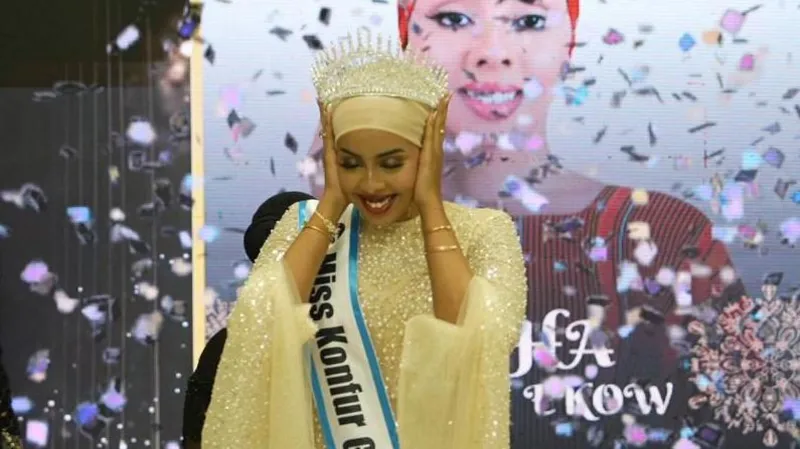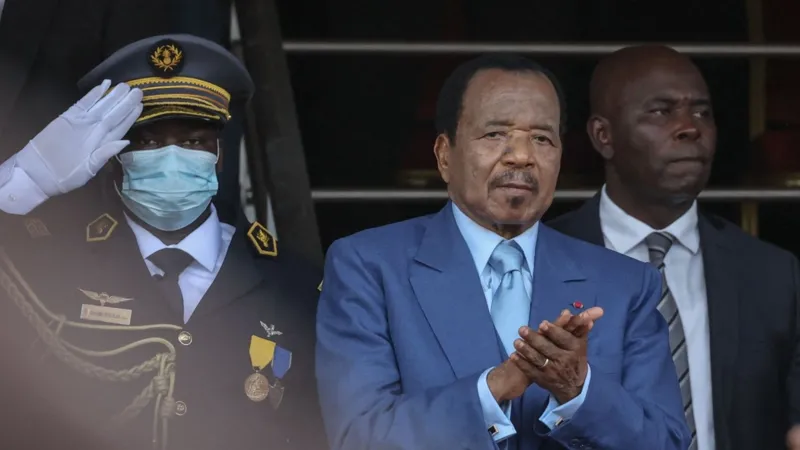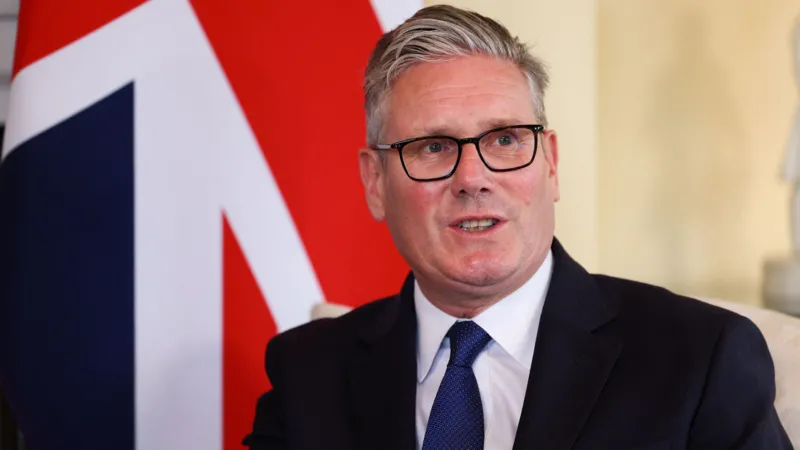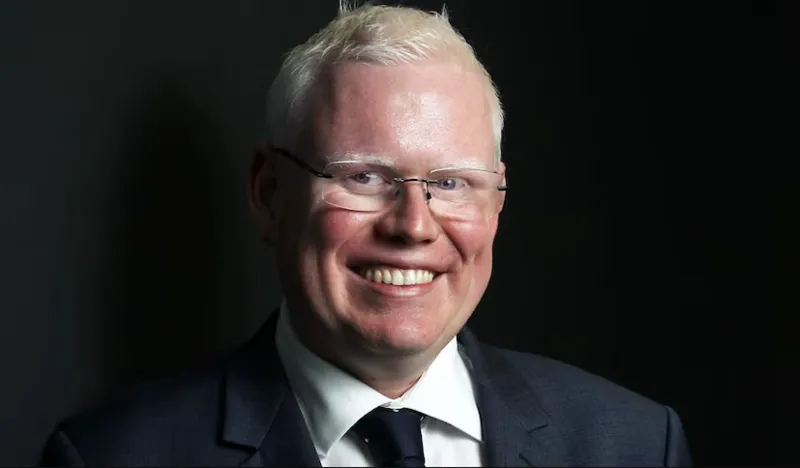Inside the beauty pageant in one of the world’s worst places to be a woman
While many people in Somalia squeezed into cafes and homes on Sunday night to watch the Euro football final, hundreds of Mogadishu’s most stylish residents gathered in the beachside Elite Hotel for another competition: Miss Somalia.

The fact that about a kilometre away, a car bomb exploded outside the Top Coffee restaurant (which was packed with football fans), highlights the dramatic contrasts of life in Somalia.
While the beauty show contestants were parading in the hotel, at least five people were killed and about 20 injured in the nearby blast.
The militant Islamist group al-Shabab, which has controlled much of Somalia for more than 15 years, said it carried out the attack.
Hani Abdi Gas founded the Miss Somalia competition in 2021, a brave thing to do in a culturally conservative country with problems with Islamist militants. Somalia has regularly topped the list of the world’s worst places to be a woman.
Ms Gas grew up in Dadaab refugee camp in Kenya, along with hundreds of thousands of other Somalis who fled war and drought. She returned to her homeland in 2020.
Although the pageant is about beauty, Ms Gas said the inspiration behind the competition was to lift up women’s voices and take them out of isolation.
“It fosters unity and empowerment,” she said.
Ms Gas believes it is time for Somalia to join the rest of the world when it comes to beauty contests. “I want to celebrate the aspirations of women from diverse backgrounds, build their confidence and give them a chance to showcase Somali culture worldwide.”
This year’s competition certainly represented women from different walks of life. One of the contestants was a policewoman.
The contestants risked condemnation from some quarters for taking part
Many in Somalia find the idea of beauty pageants appalling.
Some see them as an affront to Islam and to Somali culture. Others say they are another form of gender abuse, reducing women to objects.
“I am disgusted with the idea of our young women competing in this dreadful contest,” said clan leader Ahmed Abdi Halane.
“Such things are against our culture and our religion. If a girl wears tight clothes and appears on stage, it will bring shame upon her family and her clan. Women are supposed to stay at home and wear modest clothes.”
Some women are also opposed to beauty contests.
“It is good to support the Somali youth but not in ways that conflict with our religion,” said student Sabrina, who did not want to reveal her surname.
“It is not appropriate for a woman to appear in public without covering her neck and that is what the Miss Somalia contestants did.”
Unlike the sombre-coloured robes and veils worn by many Somali women, the Miss Somalia contestants wore flamboyant, figure-hugging gowns.
Dressed in a long golden dress with sleeves flowing down to the floor, 24-year-old Aisha Ikow was crowned Miss Somalia and took home a $1,000 (£770) cash prize.
She is a university student and make-up artist, and represented South-West state. The other finalists were the regional beauty queens from Jubaland in the south and Galmudug in central Somalia.
“I will use this as an opportunity to fight against early marriage and to promote girls’ education,” said Ms Ikow.
“The competition celebrates Somali culture and beauty while shaping a brighter future for women.”
The six judges, five women and one man, found it hard to choose the winner.
The panel included the founder Ms Gas, a representative from the ministry of youth and Miss Somalia 2022. They judged the contestants according to their physical beauty, the way they walked the catwalk, the way they dressed and the way they spoke in public.
There was also an online vote open to the public.
It cost $1 to vote, with the money raised used to fund the event in Mogadishu and overseas trips to compete in the Miss Africa, Miss World and Miss Universe competitions.
The organisers hope the contest can promote Somali culture and build women's confidence
The night-time pageant in a luxury seafront hotel was a far cry from the lives of most people in Somalia, especially women.
Four million Somalis, about a quarter of the population, are living elsewhere in the country after being forced from their homes.
The UN estimates between 70% and 80% of them are women.
In 2024, enough data was collected for Somalia to be included in the United Nations Human Development Index for the first time in three decades. It came last.
Somalia is fourth from bottom on the UN’s Gender Inequality Index. Aid groups say 52% of women in the country have experienced gender-based violence. About 98% undergo female genital mutilation.
Traditionally, when a man raped a woman, his “punishment” was that he had to marry the woman who he had sexually assaulted. Attitudes towards rape and other forms of abuse against women have not changed much over the years.
In 2013, a woman in Mogadishu was sentenced to jail for one year after reporting that she had been raped by members of the security forces.
In the self-declared republic of Somaliland, religious leaders quashed a 2018 sexual offences law almost as soon as it was signed. The revised version does not protect women from child marriage, forced marriage, rape or other forms of sexual abuse.
But the fact that a Miss Somalia competition can be held in Mogadishu, even a kilometre away from a suicide bombing, shows that the country is changing both in terms of attitudes and in terms of security.
A beauty pageant would have been unthinkable a few years ago, especially when al-Shabab controlled the capital.
The crowd at Elite Hotel did not leave until the early hours of the morning. They did not hear the sound of the nearby attack as it was drowned out by the noise of the Indian Ocean waves breaking on the beach.
-bbc







